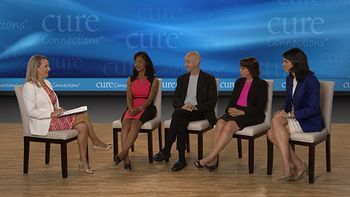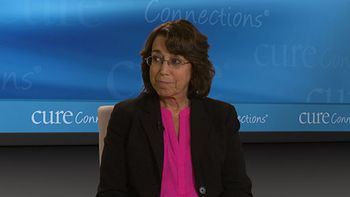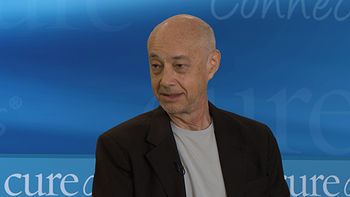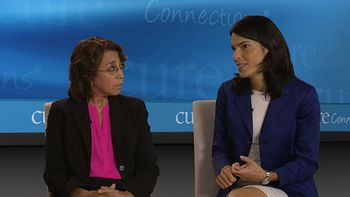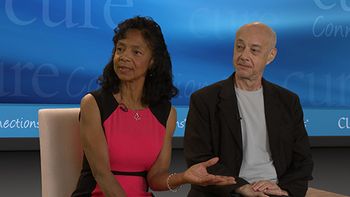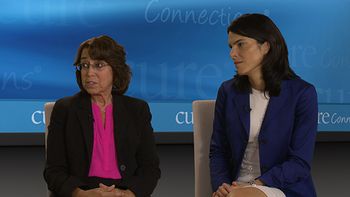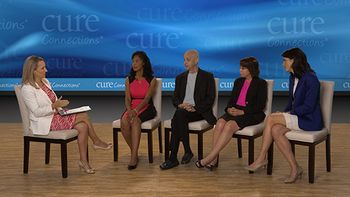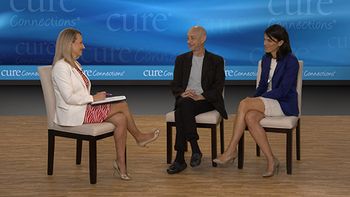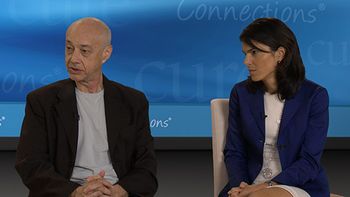
Side Effect Management

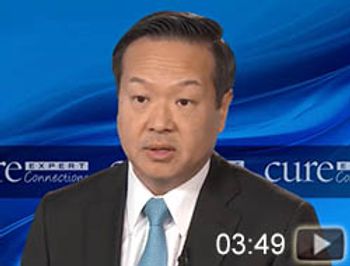

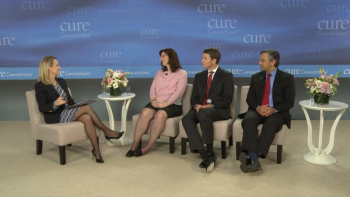
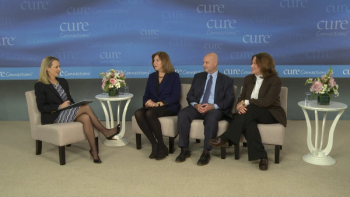

Immunotherapy agents have their own set of side effects, and managing them quickly and efficiently is key.
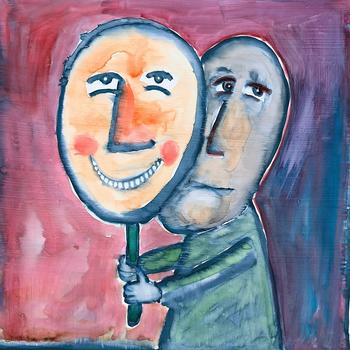
Many breast cancer survivors use psychotropic and opioid medications, pointing to an unmet need for psychological care in this population.

Halle Moore, M.D., medical oncologist at the Cleveland Clinic, discusses the negative symptoms many breast cancer survivors face, and the treatments that these symptoms were associated with.
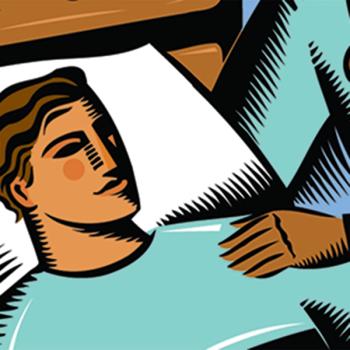
Strides have been made in treating chemotherapy-induced nausea and vomiting (CINV), but there is still work that needs to be done.

A cancer diagnosis comes served up with a slew of side effects. While many can be anticipated and managed, some cannot. They can crop up unexpectedly and take up residence indefinitely.

Winson Cheung, M.D., medical oncologist at the British Columbia Cancer Agency in Vancouver, discusses the importance of discussing any immunotherapy-related side effects with health care providers.

Because cancer is an invisible disease, most patients can keep it under wraps when out in public, but there are some instances when we need to play 'the cancer card.'

The chemotherapy agent capecitabine causes some patients to lose their fingerprints.
